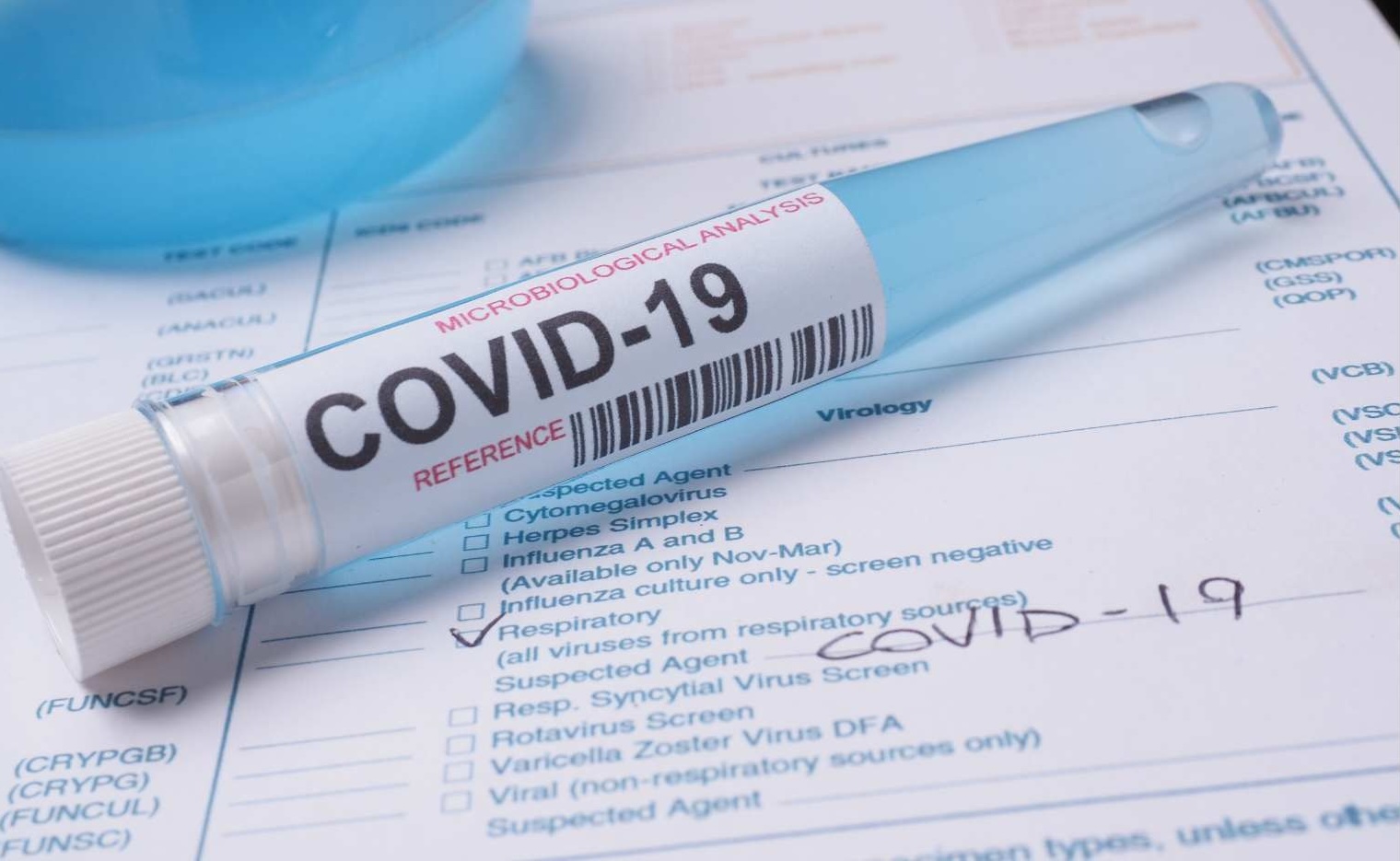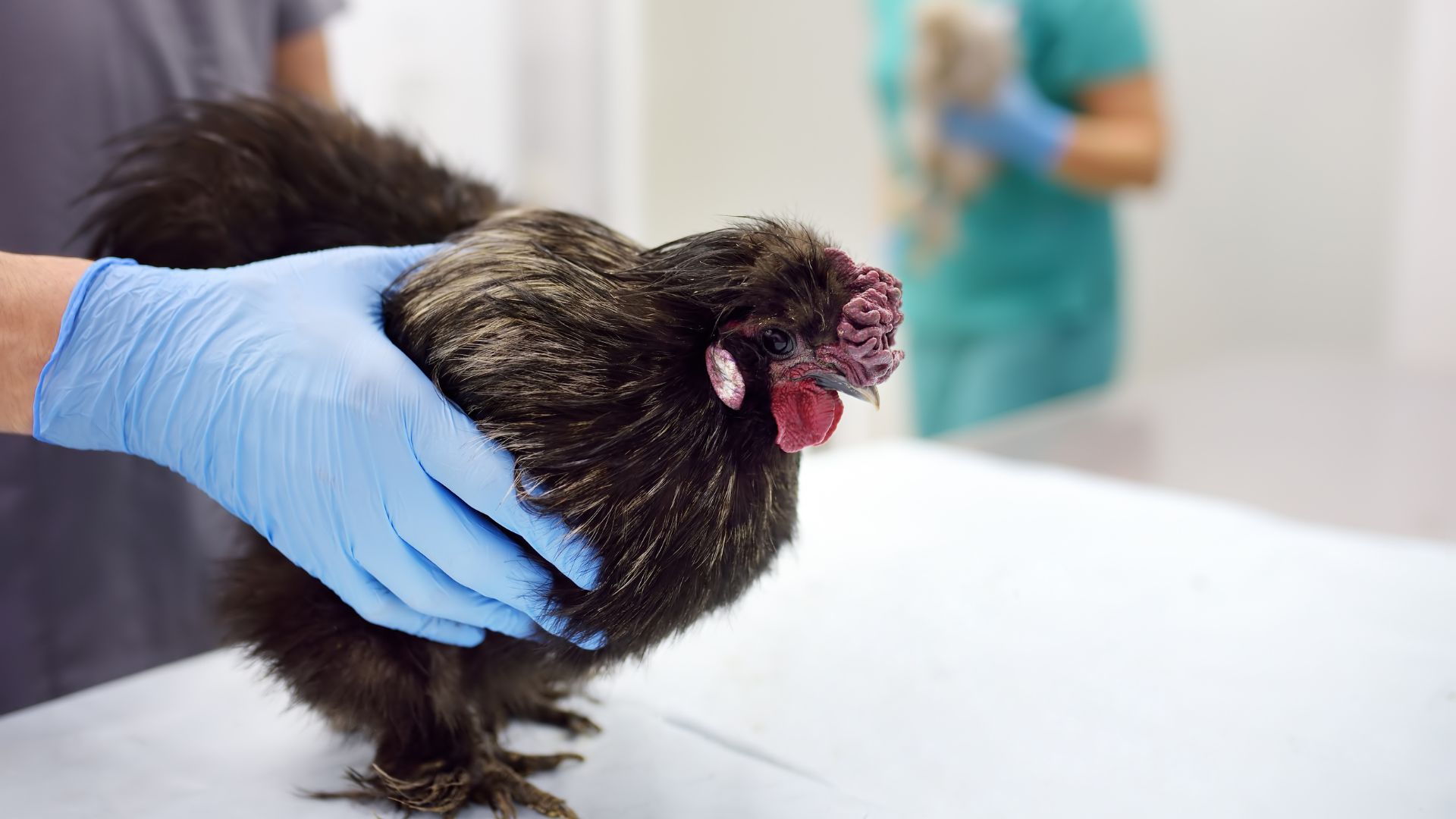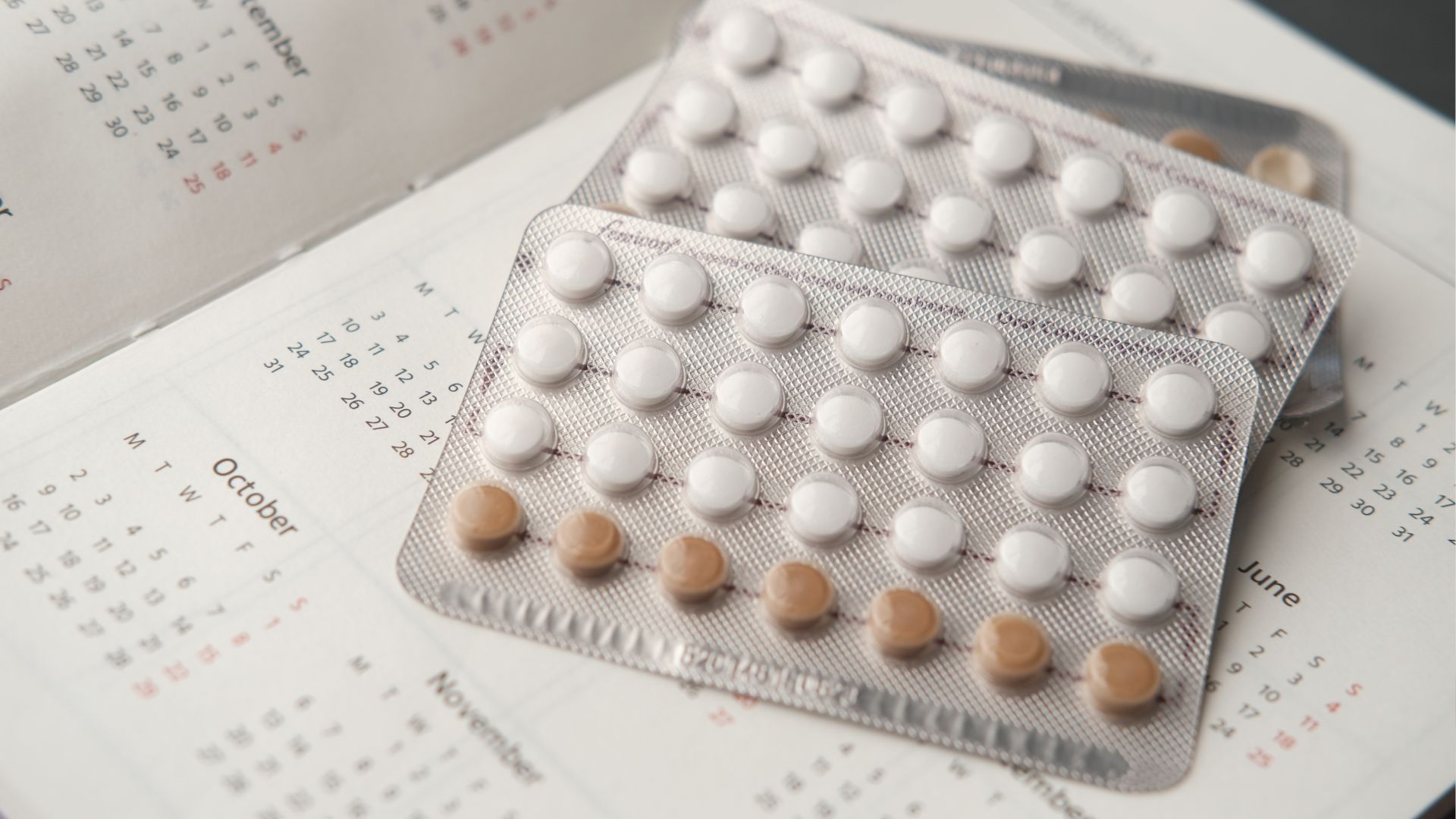-

Lost in translation over BCG vaccination
Last week I engaged in a discussion on X about the validity of this recent publication on a randomized controlled trial (RCT) on neonatal mortality in newborns. As a background: BCG vaccination is routinely administered in low-and-middle income countries to protect children from tuberculosis. Yet, these vaccines may offer additional…
-

Can acute COVID-19 awaken dormant cancer cells?
Yes, according to this study, which was the talk of the summer. In short: In mice experimental lung infection with SARS-CoV-2 and influenza reactivated dormant breast cancer cells, rapidly leading to metastatic disease accompanied by an inflammatory response resembling acute COVID-19 infection in humans. And when translated from mice to…
-

A Brave New World
Yesterday the US Health and Human Services Secretary, Robert F. Kennedy Jr, dismissed an expert panel of vaccine advisers that has historically guided the federal government’s vaccine recommendations, saying the group is “plagued with conflicts of interest”. He is expected to appoint new members soon – hopefully individuals with comparable…
-

All predictions are difficult… even if they are from the past
Five years ago, SARS CoV-2 swept through Northwestern Europe and took us by surprise. Every country responded with lockdowns, closed school, and a series of other measures – but each acted in slightly different ways. And in every country – definitely in mine – there were always those convinced that…
-

Can whole-genome sequencing avoid deaths from enterococcal infections?
I came across a preprint entitled “Evaluating the economic and health impact of proactive genomic epidemiology in a hospital setting”. In hospitals, we try to limit the spread of bacteria, especially Multi-Drug Resistant Organisms (MDRO), for obvious reasons. This study quantified the costs and benefits of routinely performing whole-genome sequencing…
-

In times of isolationism, patients remain best served by cross-border scientific collaboration
What if avian H5N1 starts spreading from human to human?
-

Vaccines against misinformation
The COVID-19 pandemic fuelled the current infodemic of misinformation, is my firm – though unproven – belief. I was happy to read that at least The Lancet agrees. In this recent editorial, they state that the consequences of misinformation (misleading data shared unintentionally) and disinformation (deliberately deceptive information) reach far…
-

Seven is the new fourteen
Some think of medicine, or at least antibiotic treatment duration, as a religion. In the Bible “seven” stands for completeness (I got that from Wikipedia), and therefore infections should be treated with antibiotics for seven, fourteen, or twenty-one days.
-

Patient Zero: Has the next pandemic begun?
The world is ablaze with various crises, yet all seems quiet on the infectious diseases front. We find ourselves in the inter-pandemic phase: recovering from the last crisis, while figuring out how best to prepare for the next. Even so, our new government has decided to terminate all planned activities…
.
acute kidney injury adaptive designs AMR antibiotic resistance antibiotics antimicrobial resistance avian flu bad science BCG Danish cancer diagnoses children clinical trials community-acquired pneumonia COVID-19 data diagnostics ESCMID Global genome sequencing Guy Thwaites hospital infection influenza methods misinformation mpox neonates pandemic pneumonia s. aureus self-controlled case series SNAP surgery tuberculosis urinary tract infection vaccination vaccine ventilator-associated pneumonia
